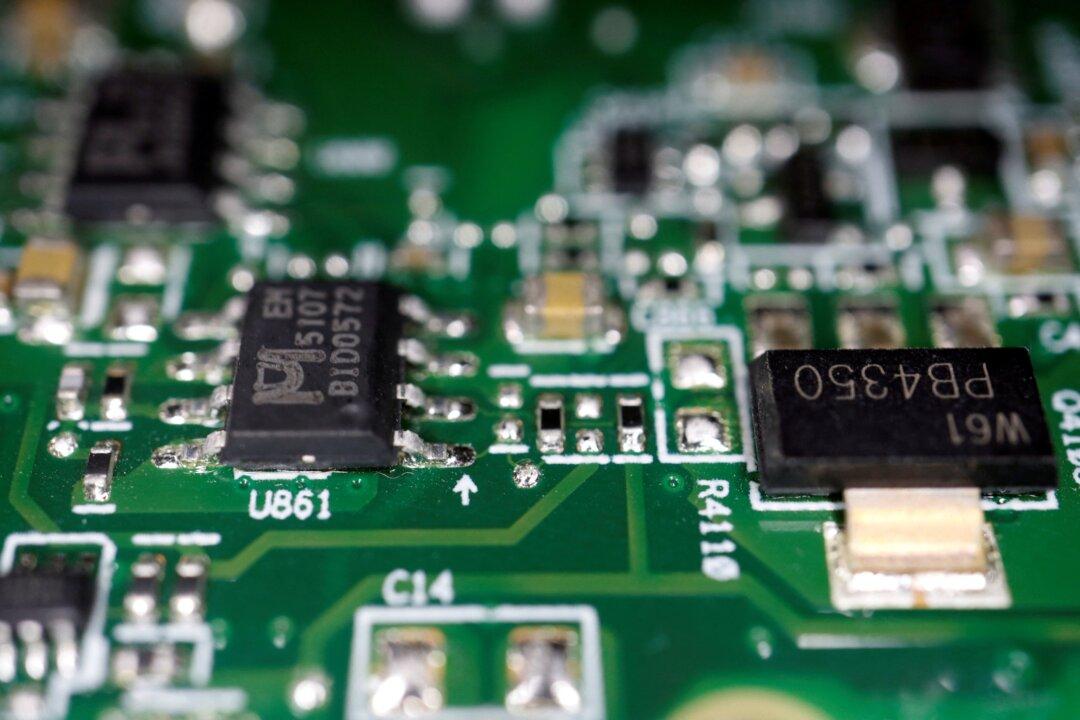The Department of Commerce announced Friday the final funding rules under the CHIPS and Science Act, preventing China from benefiting from the $52 billion incentives and clearing the last hurdle before awarding the $39 billion portion for semiconductor production.
The rules restrict CHIPS funds recipients from investing in most semiconductor manufacturing—advanced and legacy—in “foreign countries of concern” for ten years or from conducting joint research or technology licensing with “foreign entities of concern” on technology or products of national security concern. They also prohibit recipients from using the incentives to build, modify, or improve a chip facility outside the United States.




